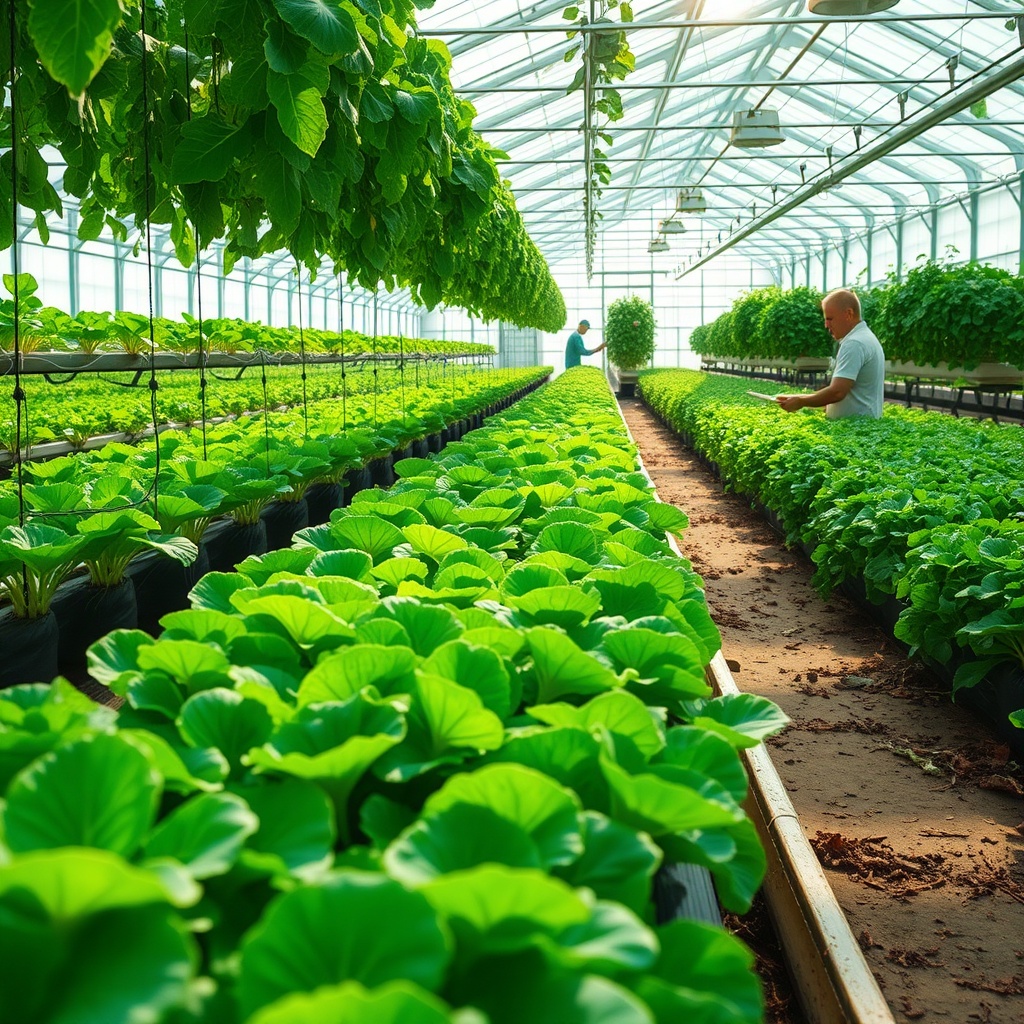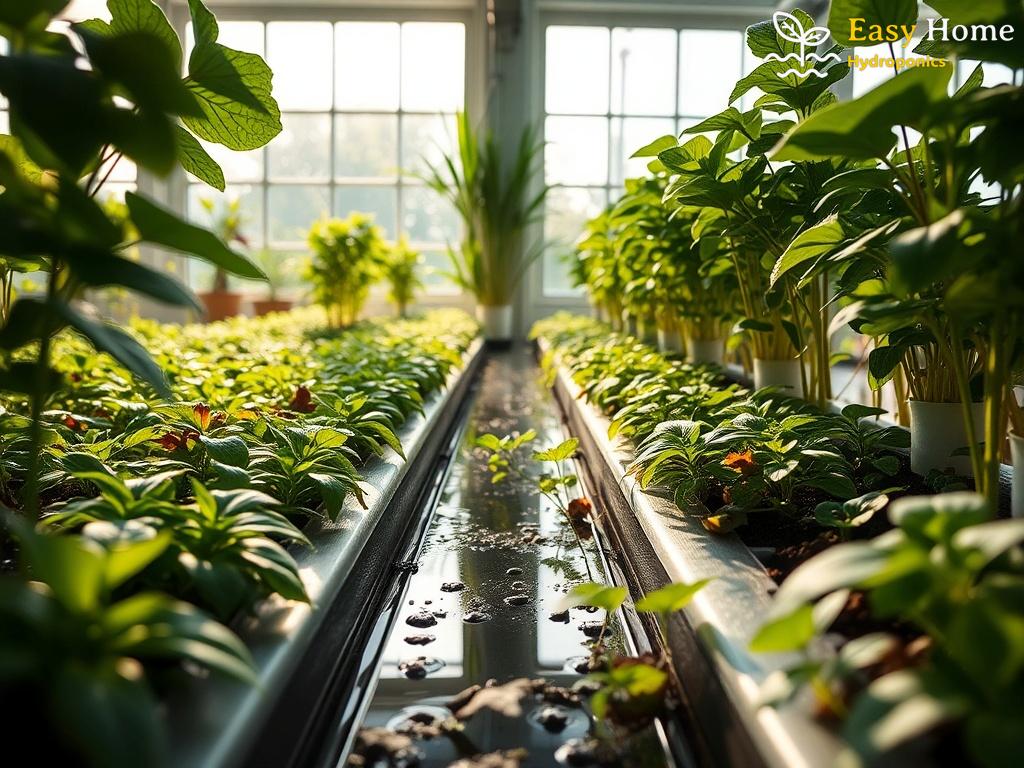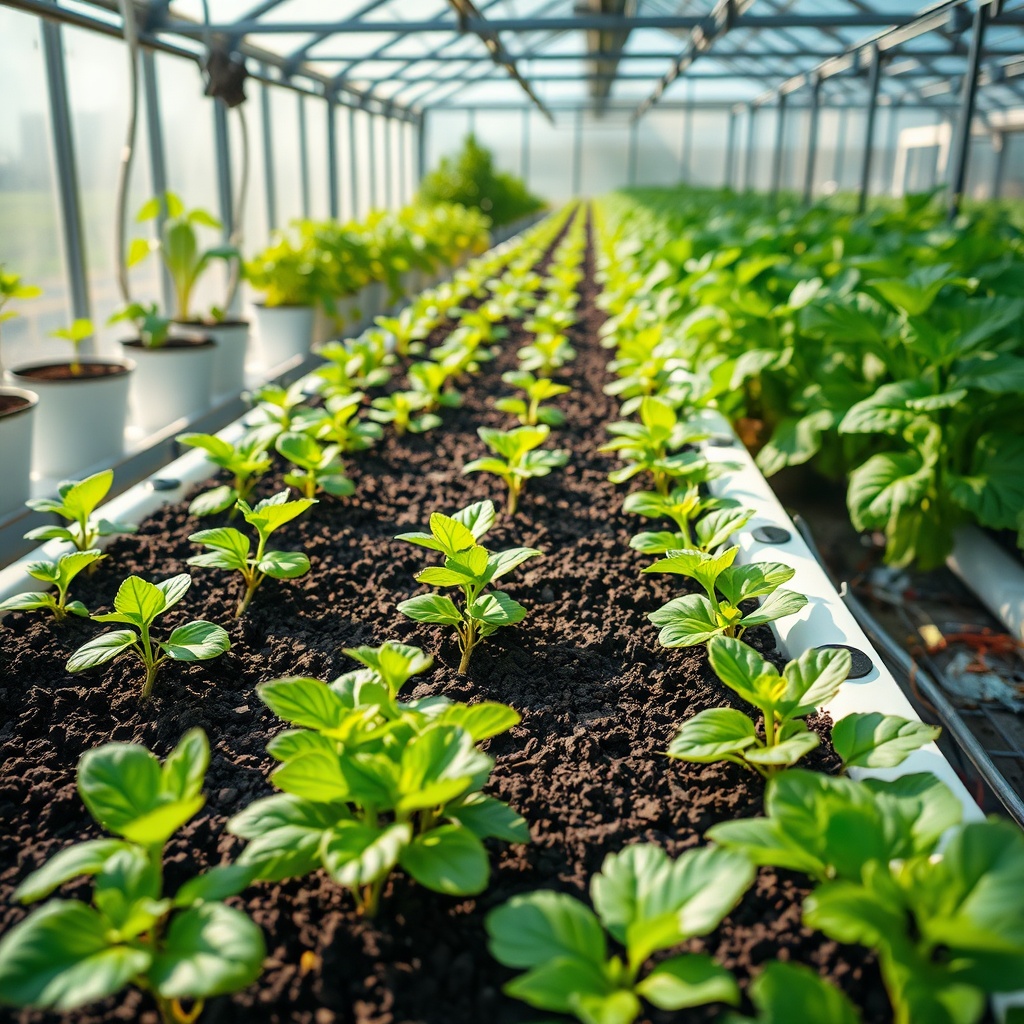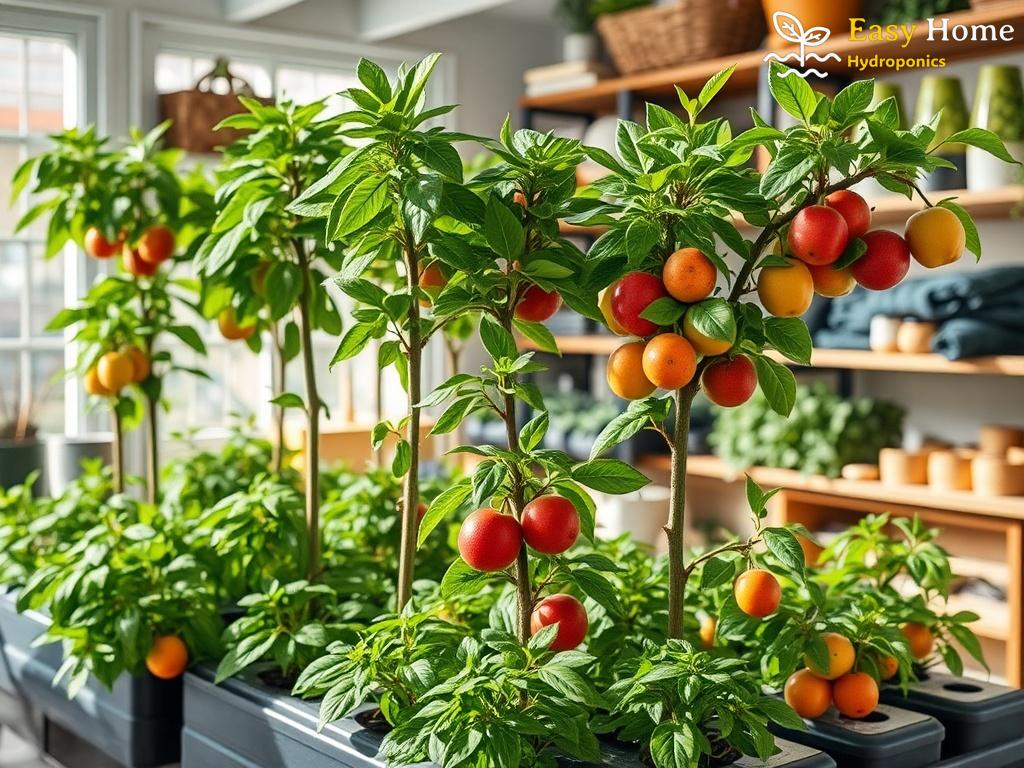Embracing Organic Hydroponics
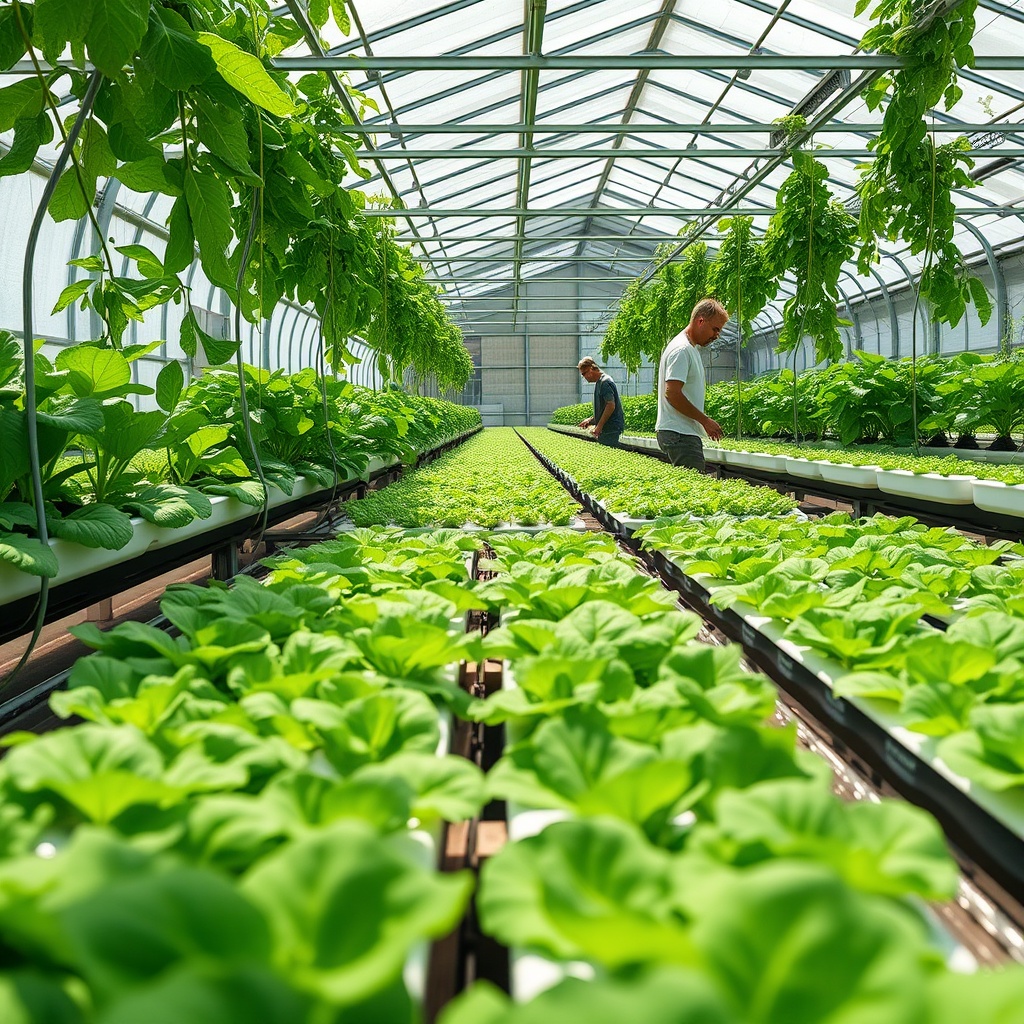
In the age of environmental awareness and sustainable farming, the fusion of organic practices with hydroponic cultivation is a groundbreaking development. Not only does this innovative approach cater to the increasing demand for organic produce, but it also promises to redefine how we think about food production. With the ability to grow plants without soil while still adhering to organic standards, growers are stepping into a new era of agriculture that prioritizes both health and sustainability.
Key Organic Practices in Hydroponics
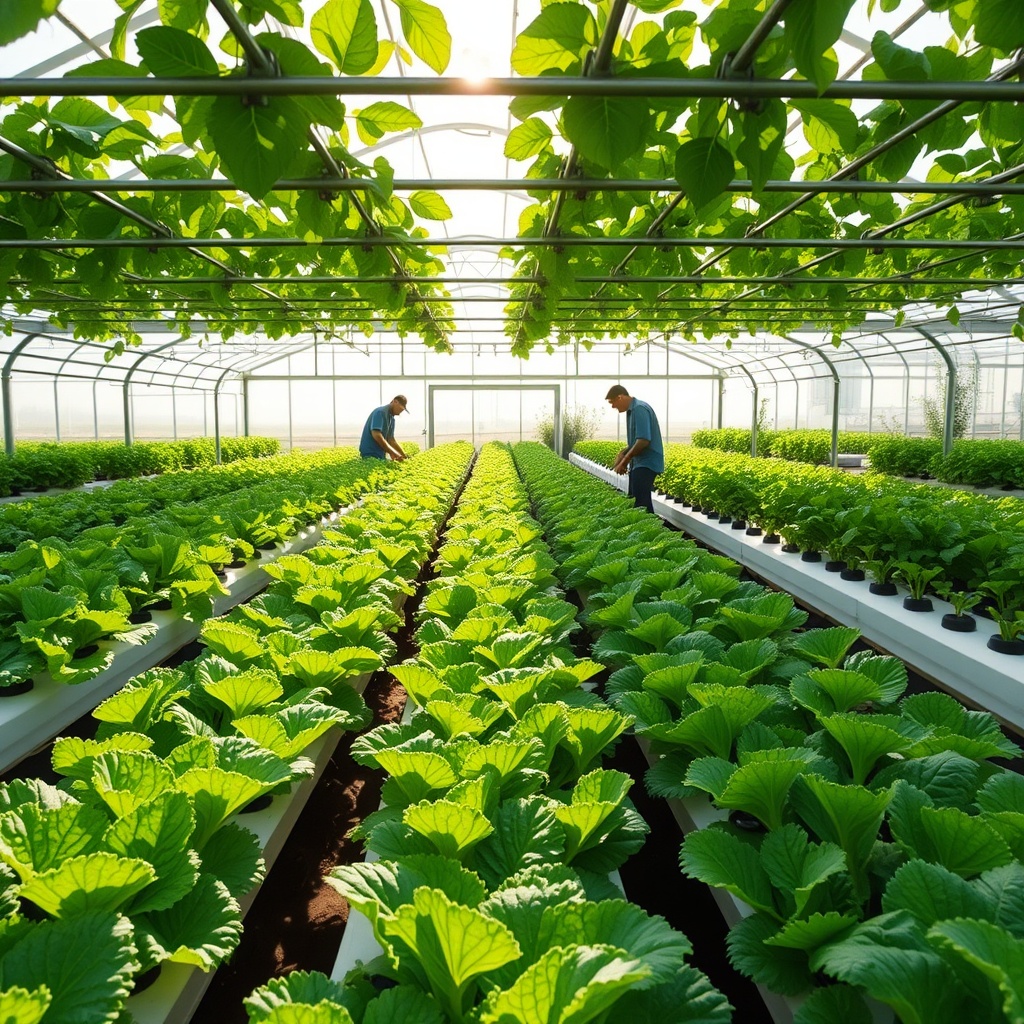
Implementing organic practices in hydroponic systems requires a thoughtful approach that integrates natural nutrient sources, pest management, and environmental stewardship. Here’s a detailed breakdown of the essential practices:
- Use of Organic Nutrients: Transitioning from synthetic fertilizers to organic options such as compost teas, fish emulsion, and seaweed extracts nourishes plants without compromising soil health.
- Biological Pest Control: Employing beneficial insects and organic pesticides helps manage pests while maintaining a balanced ecosystem within the hydroponic system.
- Crop Rotation and Diversity: Incorporating a variety of plants and rotating crops can enhance biodiversity, reduce disease susceptibility, and improve soil health.
- Water Management: Utilizing rainwater harvesting and recycling water within the system minimizes waste and conserves resources.
- Monitoring pH and Nutrient Levels: Regularly checking and adjusting pH and nutrient levels ensures optimal plant health and growth.
Transforming the Future of Agriculture
By adopting organic practices in hydroponic cultivation, we are not just growing food; we are cultivating a movement towards a more sustainable future. This synergy of organic principles with hydroponics not only produces healthier plants but also contributes positively to the environment. As we continue to innovate and refine these methods, we invite every grower—big or small—to partake in this inspiring journey of transforming agriculture for generations to come.

